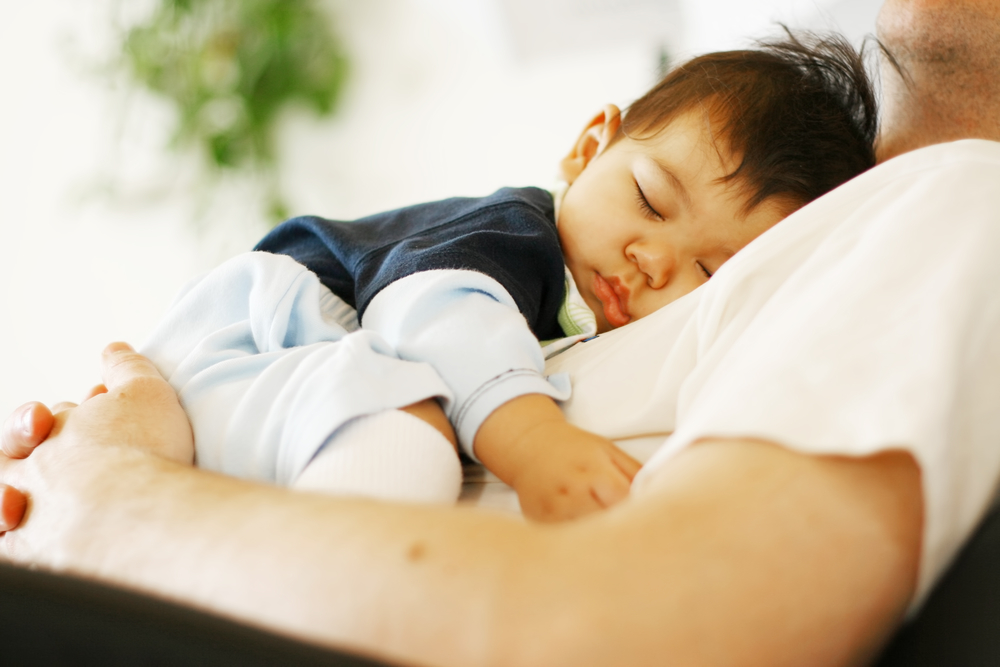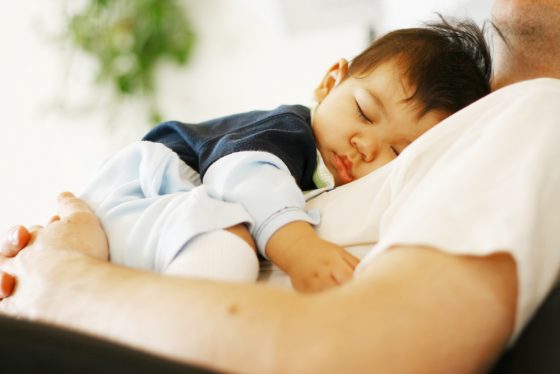Dutch firm to recycle babies’ nappies to produce sustainable energy

 Waste processing plant ARN is building a separate facility for recycling babies’ nappies in an initiative supported by 8 local councils in the Nijmegen region.
Waste processing plant ARN is building a separate facility for recycling babies’ nappies in an initiative supported by 8 local councils in the Nijmegen region.
Babies use around 5,000 nappies until they are potty trained, with half a million nappy wearing children each year, sustainability advisor Milieu Centraal has calculated. More elderly are people are using incontinence pads as well.
The process involves placing the nappies in a reactor which reaches temperature of up to 250 degrees at high pressure. ‘The nappies, including their contents of urine and faecal matter, become liquid and separate into different materials,’ process developer and patent holder Willem Elsinga told broadcaster NOS.
‘The high temperature gets rid of the bacteria, traces of medication and viruses so all the products we make from the diapers will be safe. Otherwise we couldn’t sell them,’ the broadcaster quotes him as saying.
The plant will turn the diapers into four products: green gas, plastics, fertiliser and biomass, which Elsinga says, can be used as an alternative for coal to fire coal plants.
An earlier initiative to recycle diapers in Arnhem ten years ago failed. According to Elsinga that experiment came too early. ‘Everything has to be right: enough diapers, affordable technology and a market that is ready for the products at the end of the line.’
But now local councils are trying to reduce the amount of left-over waste after traditional glass, paper and plastics recycling. ‘We are producing between 150 and 200 kilos of residual waste per head of the population and local councils are keen on separate waste collection. This sort of thing fits in perfectly,’ Elsinga told NOS.
If all goes according to plan, the new plant will come into operation in December.
Thank you for donating to DutchNews.nl.
We could not provide the Dutch News service, and keep it free of charge, without the generous support of our readers. Your donations allow us to report on issues you tell us matter, and provide you with a summary of the most important Dutch news each day.
Make a donation